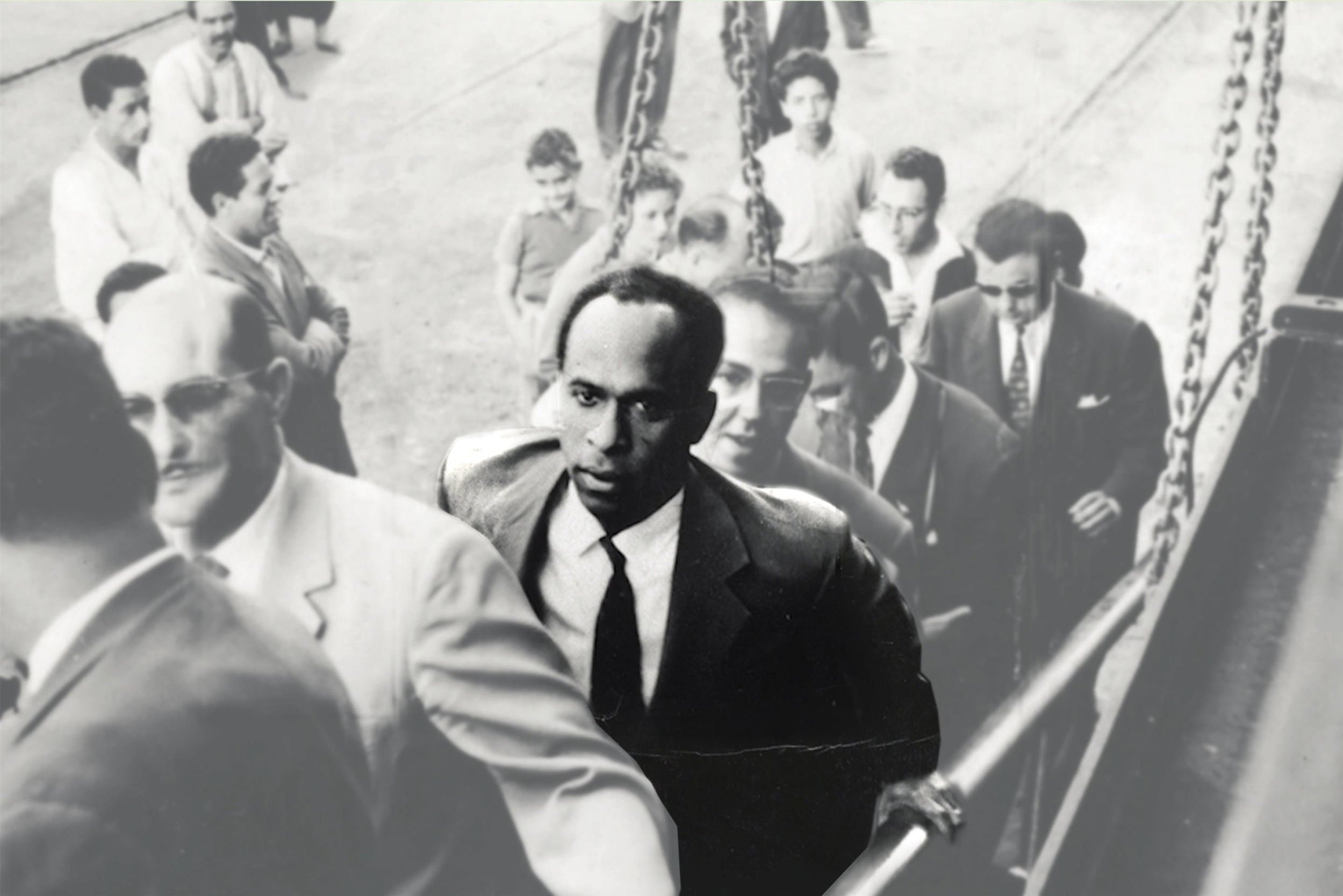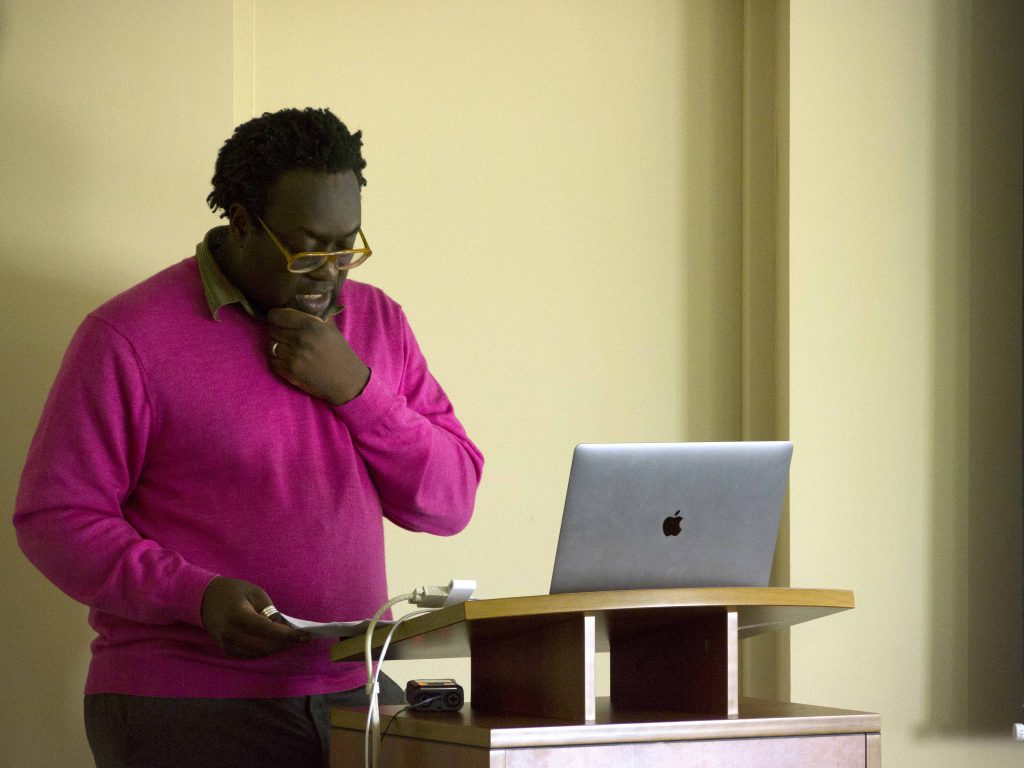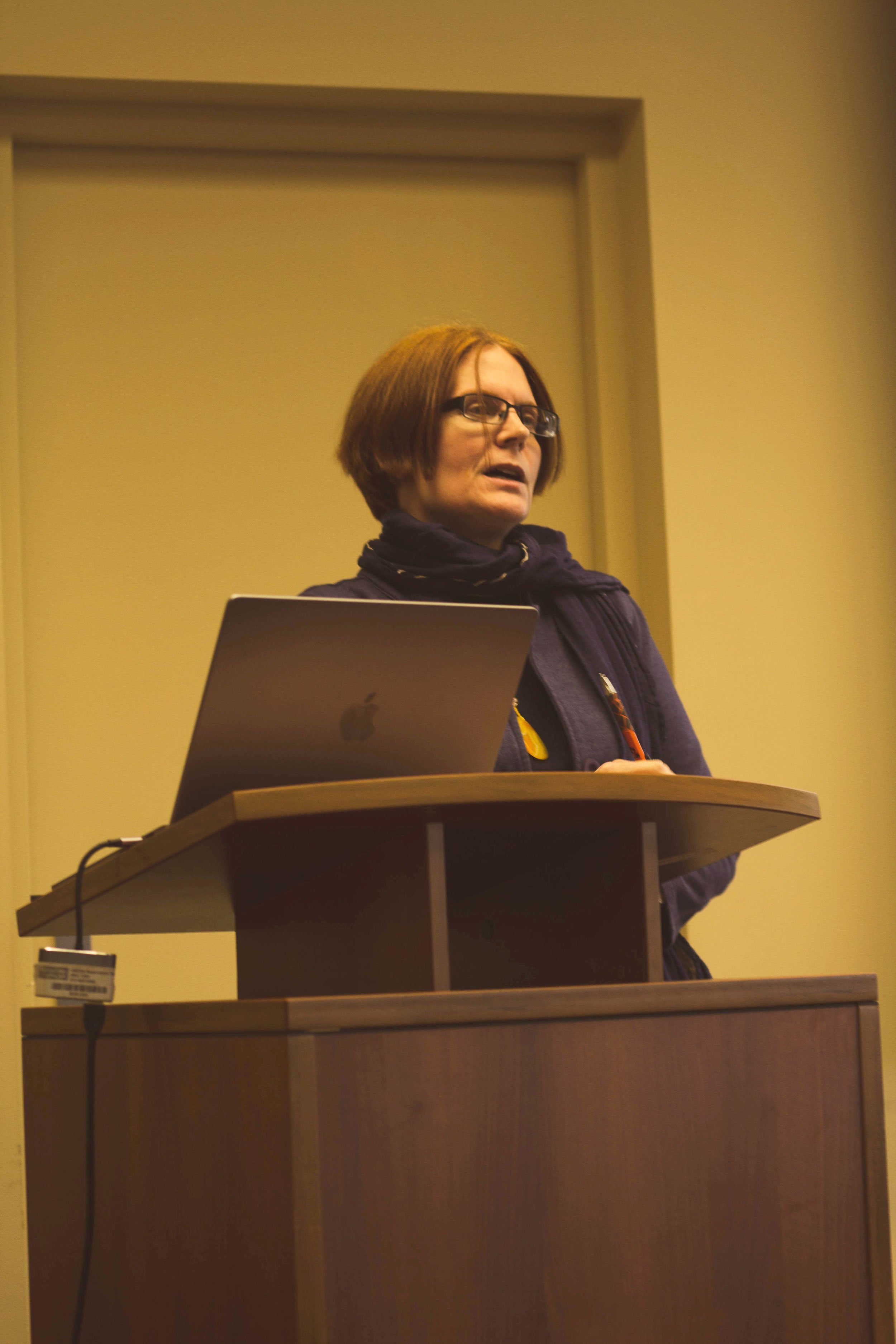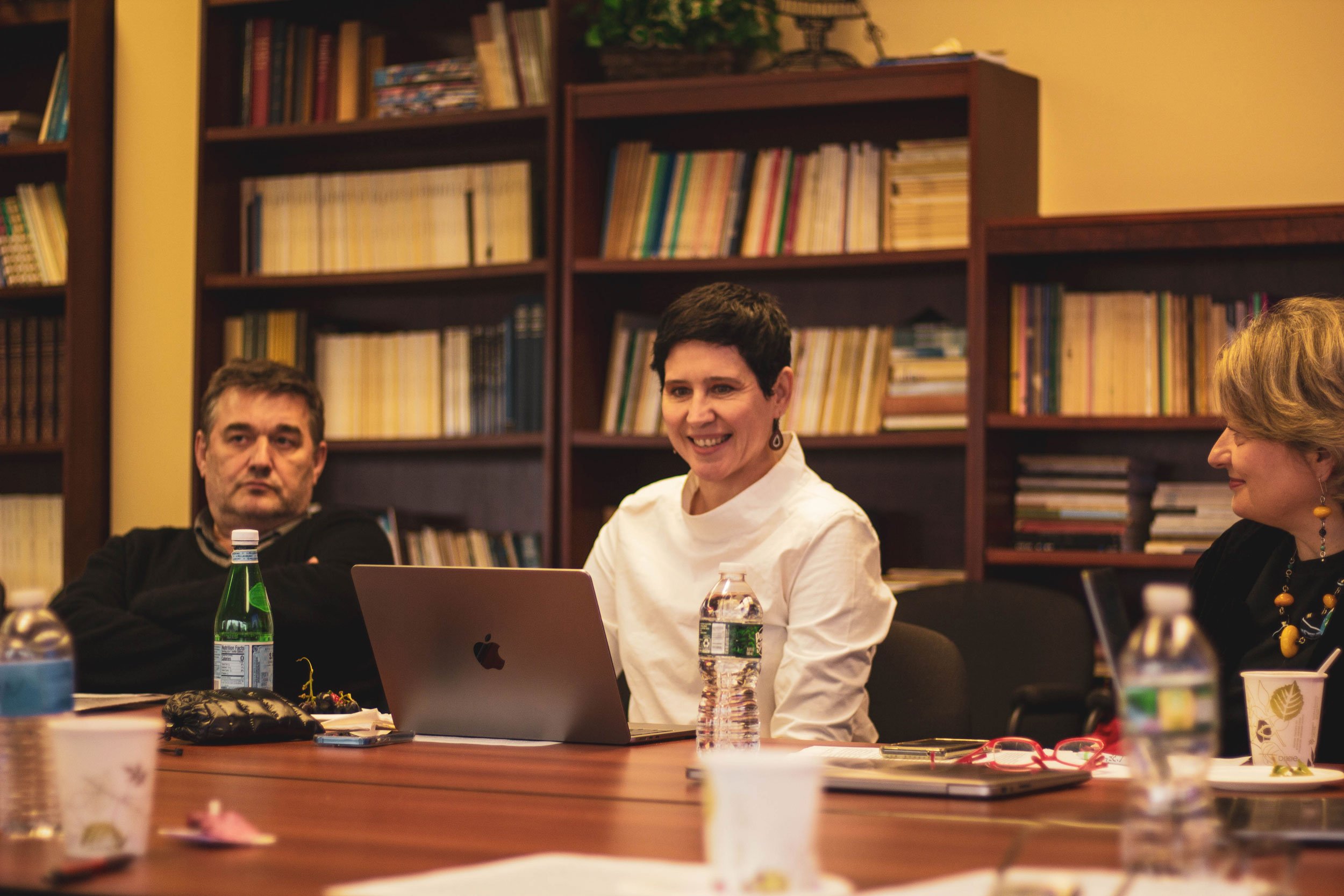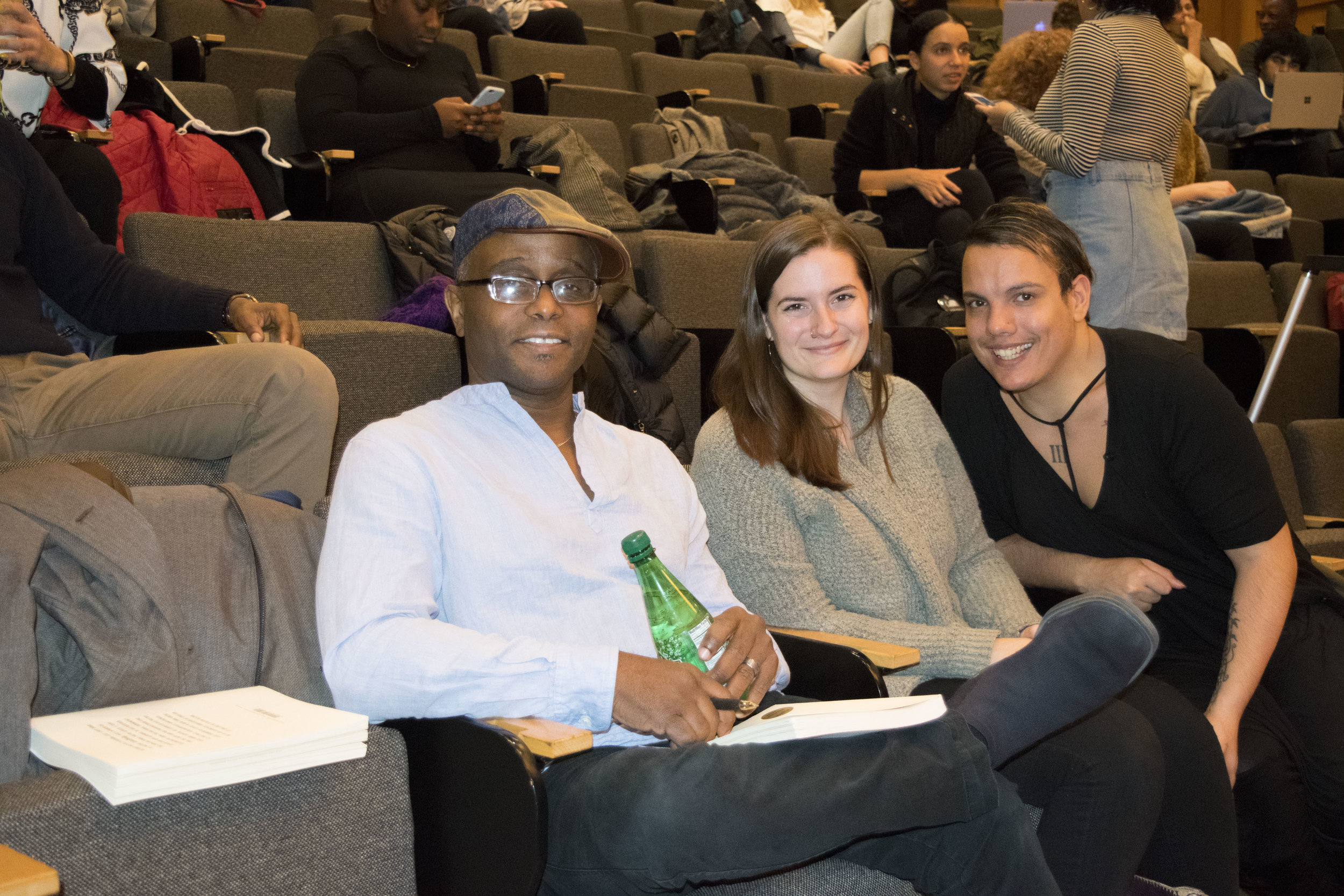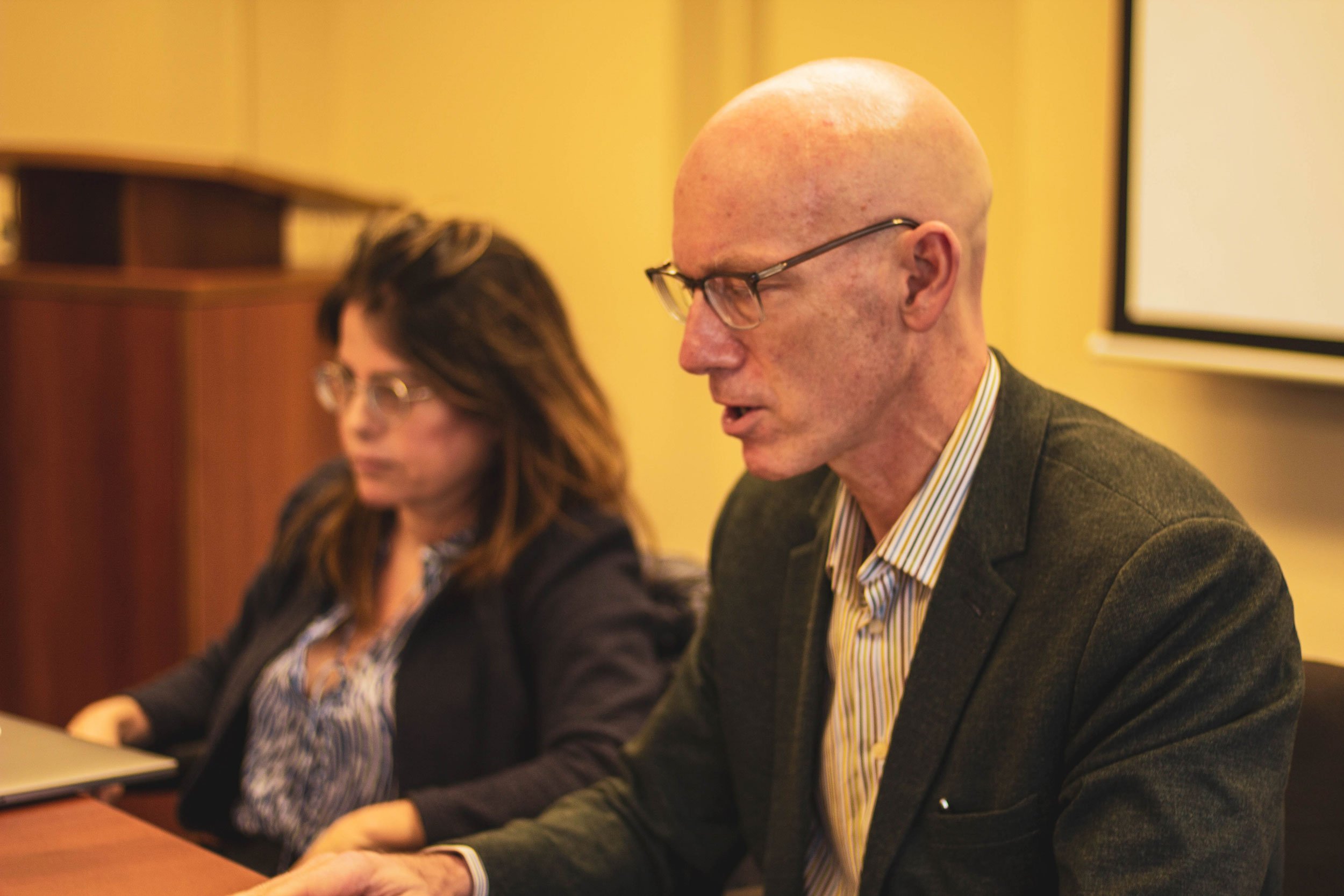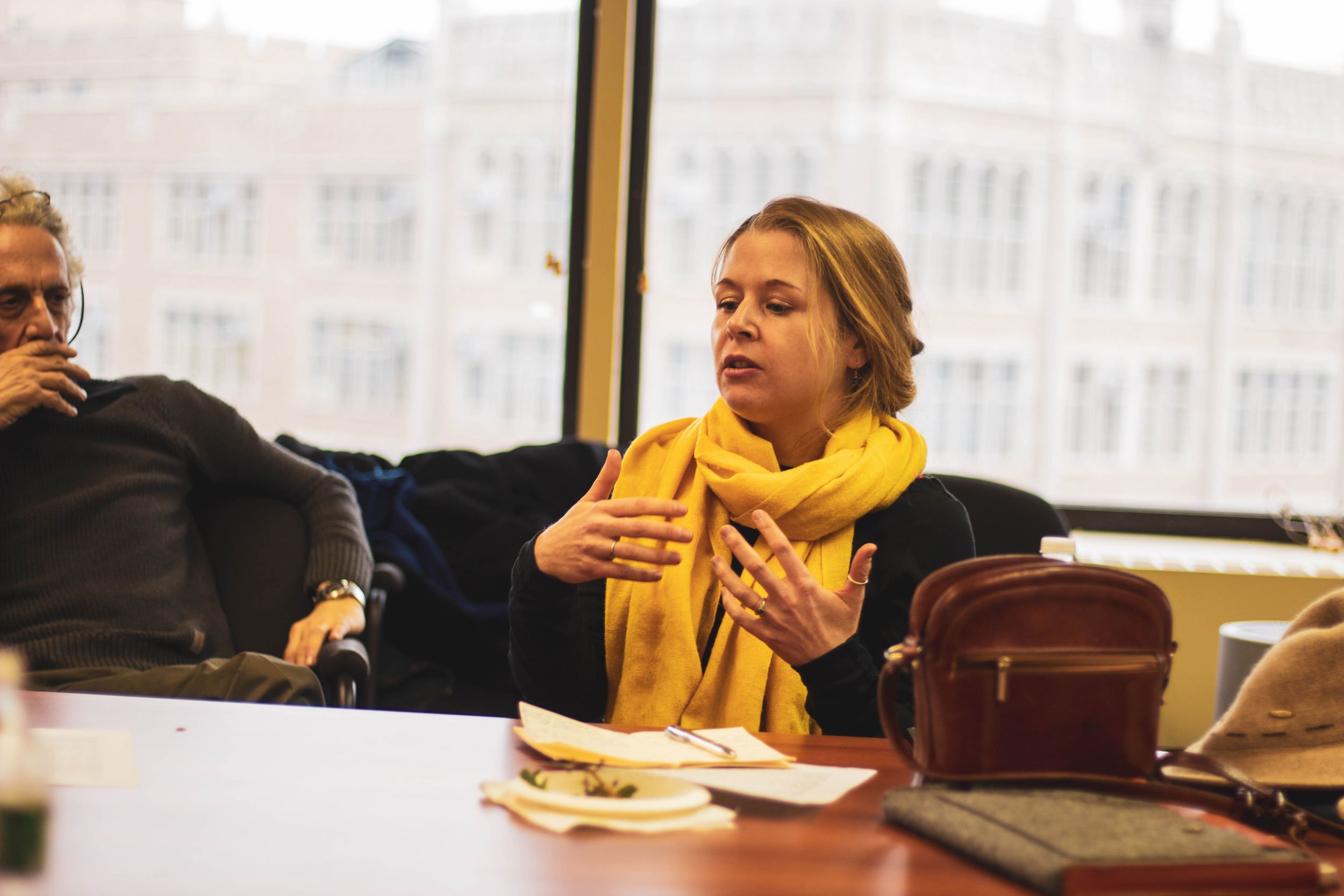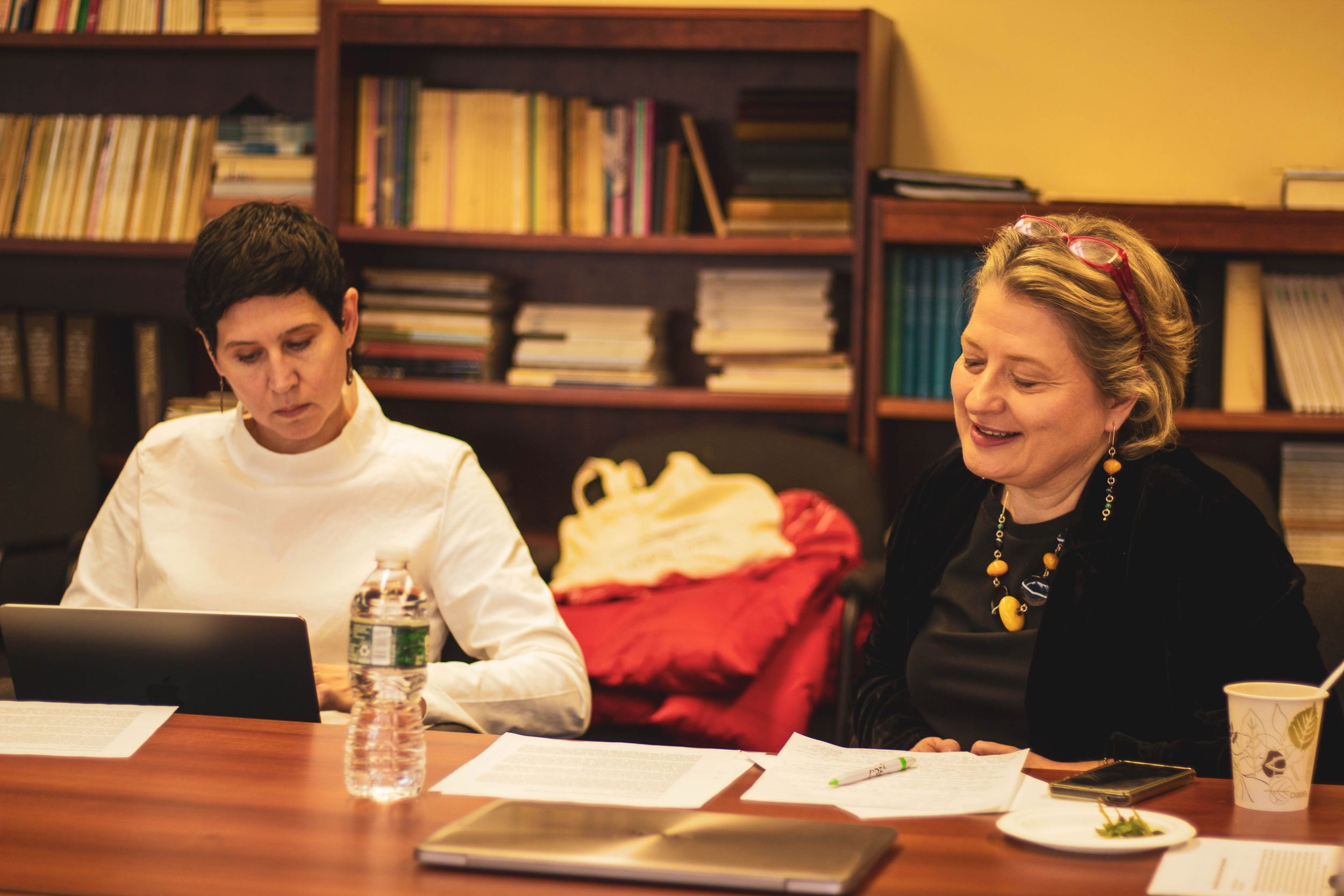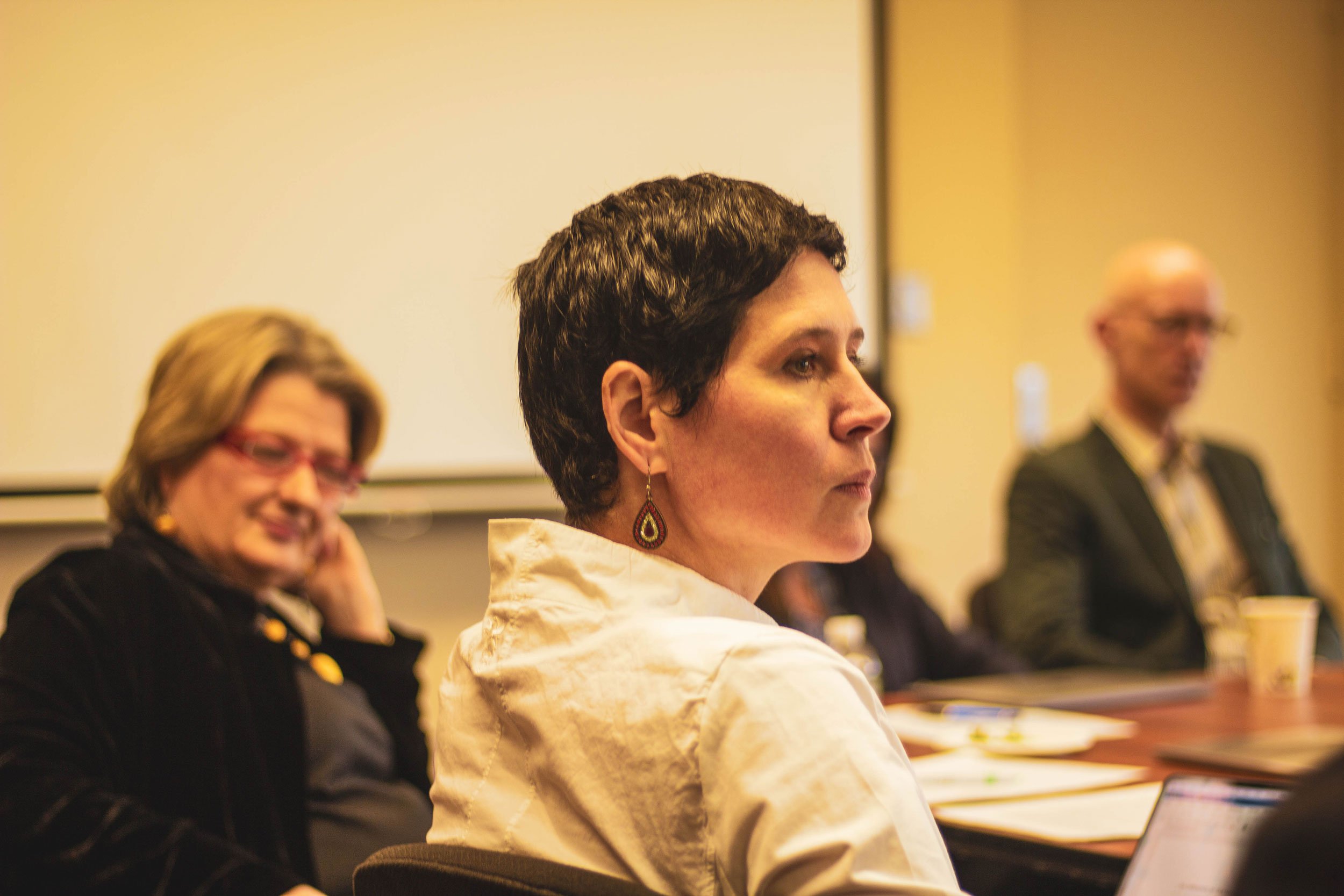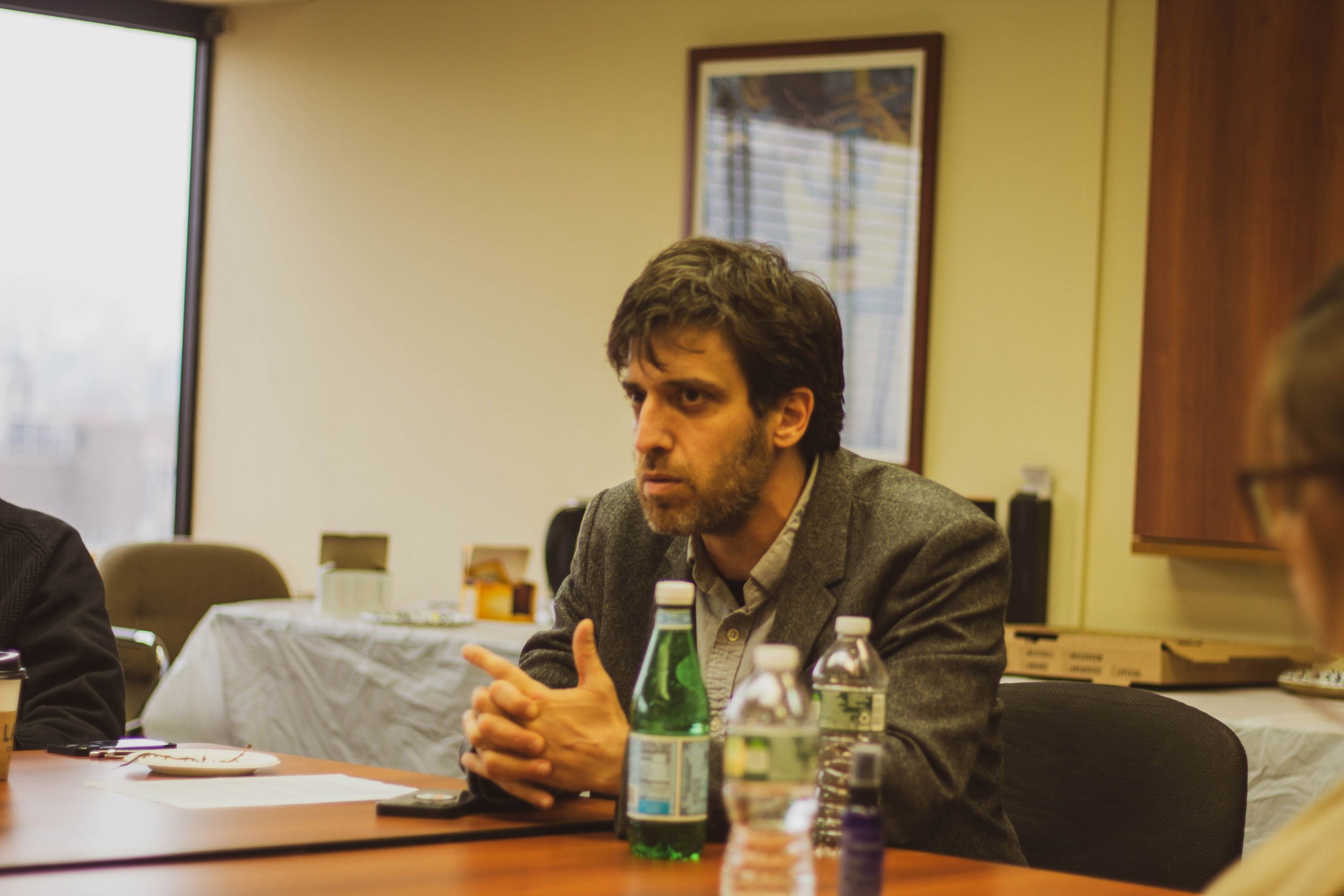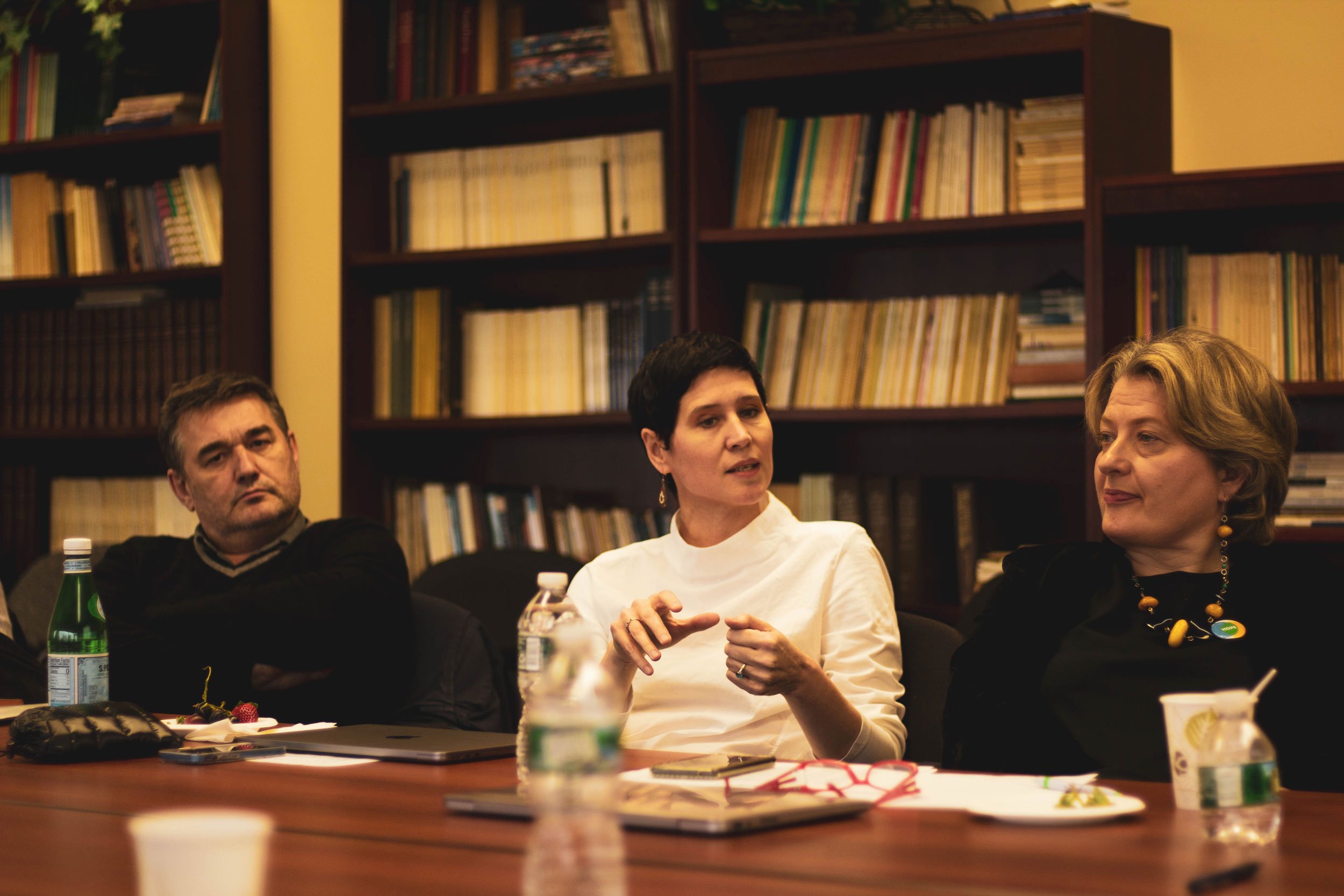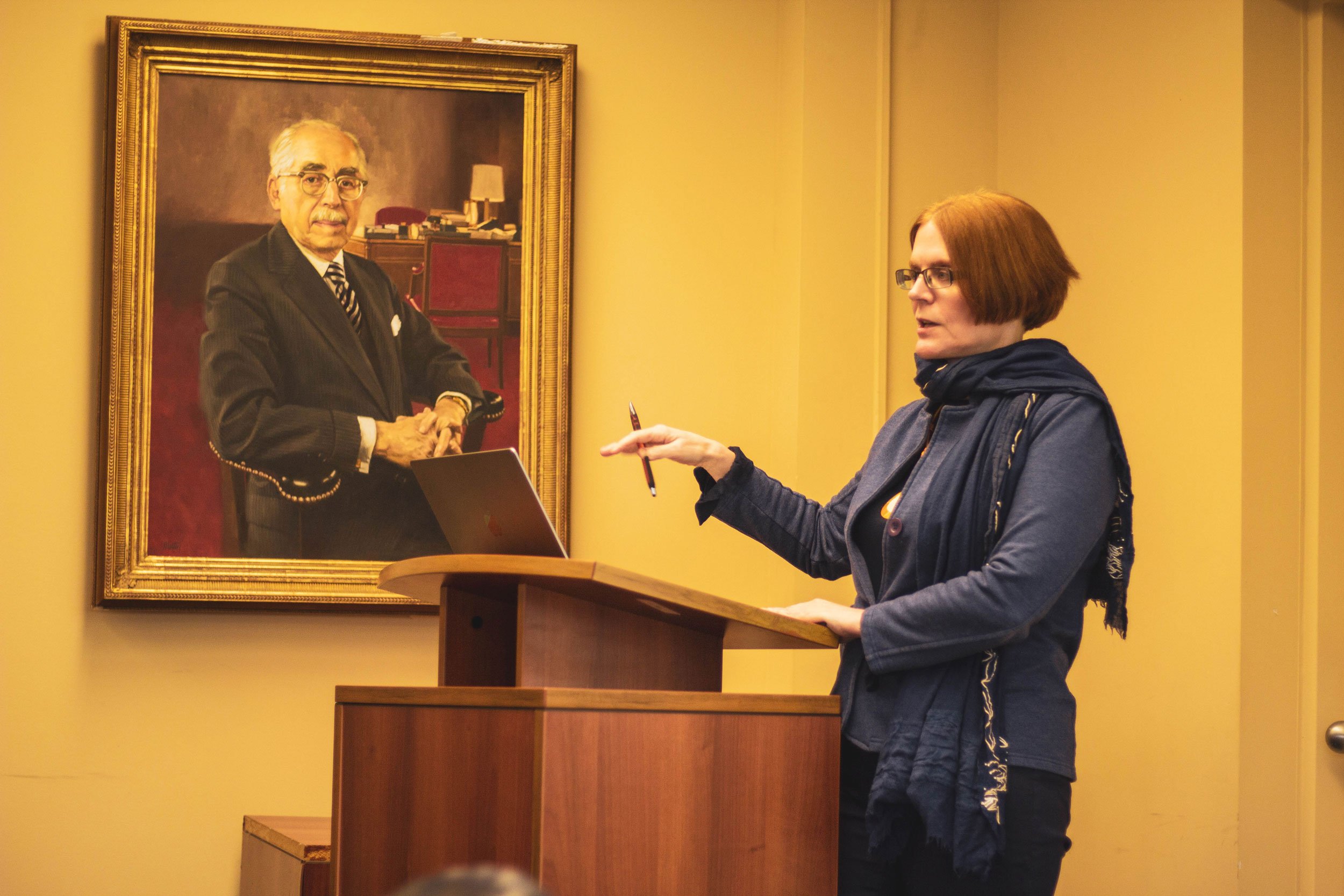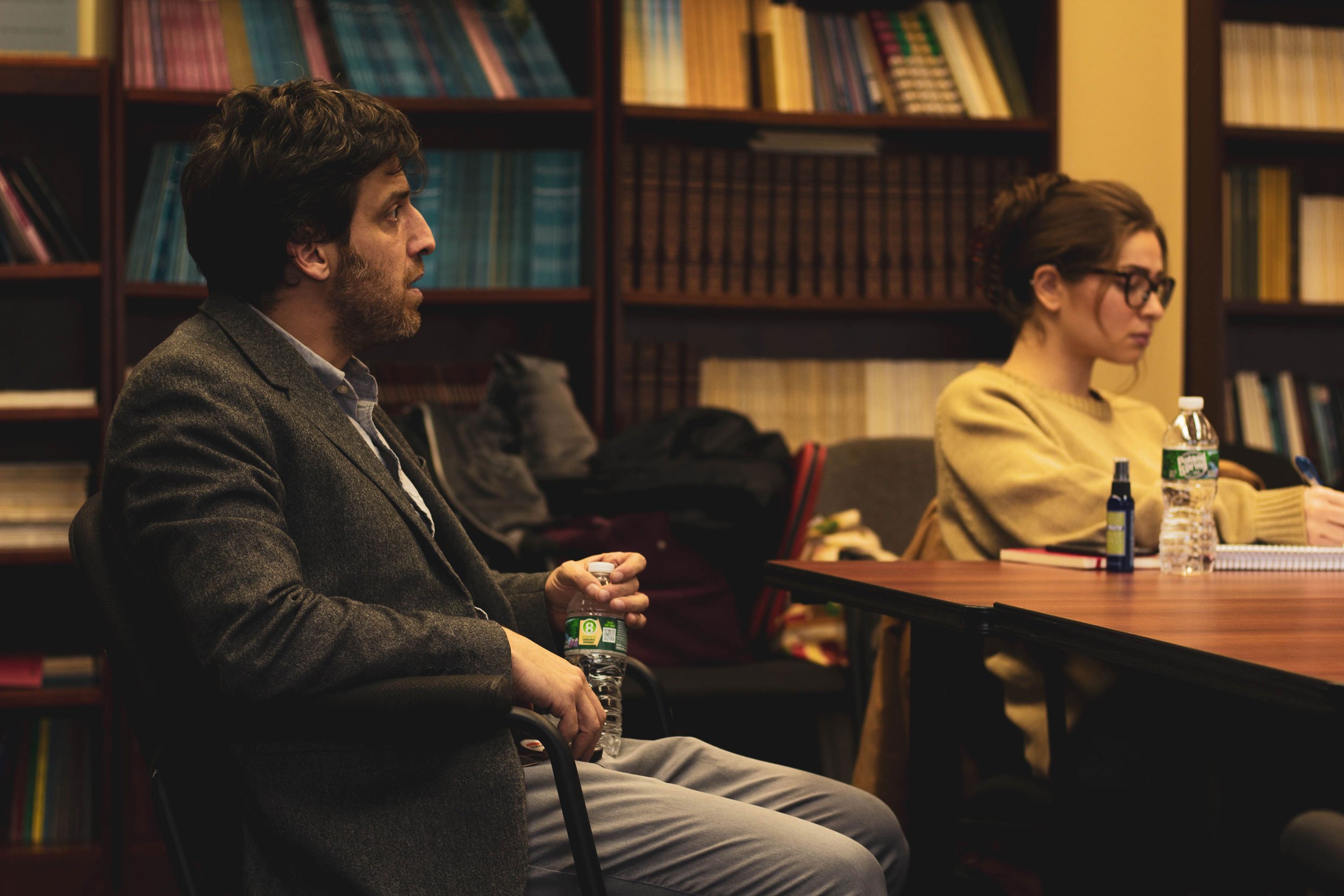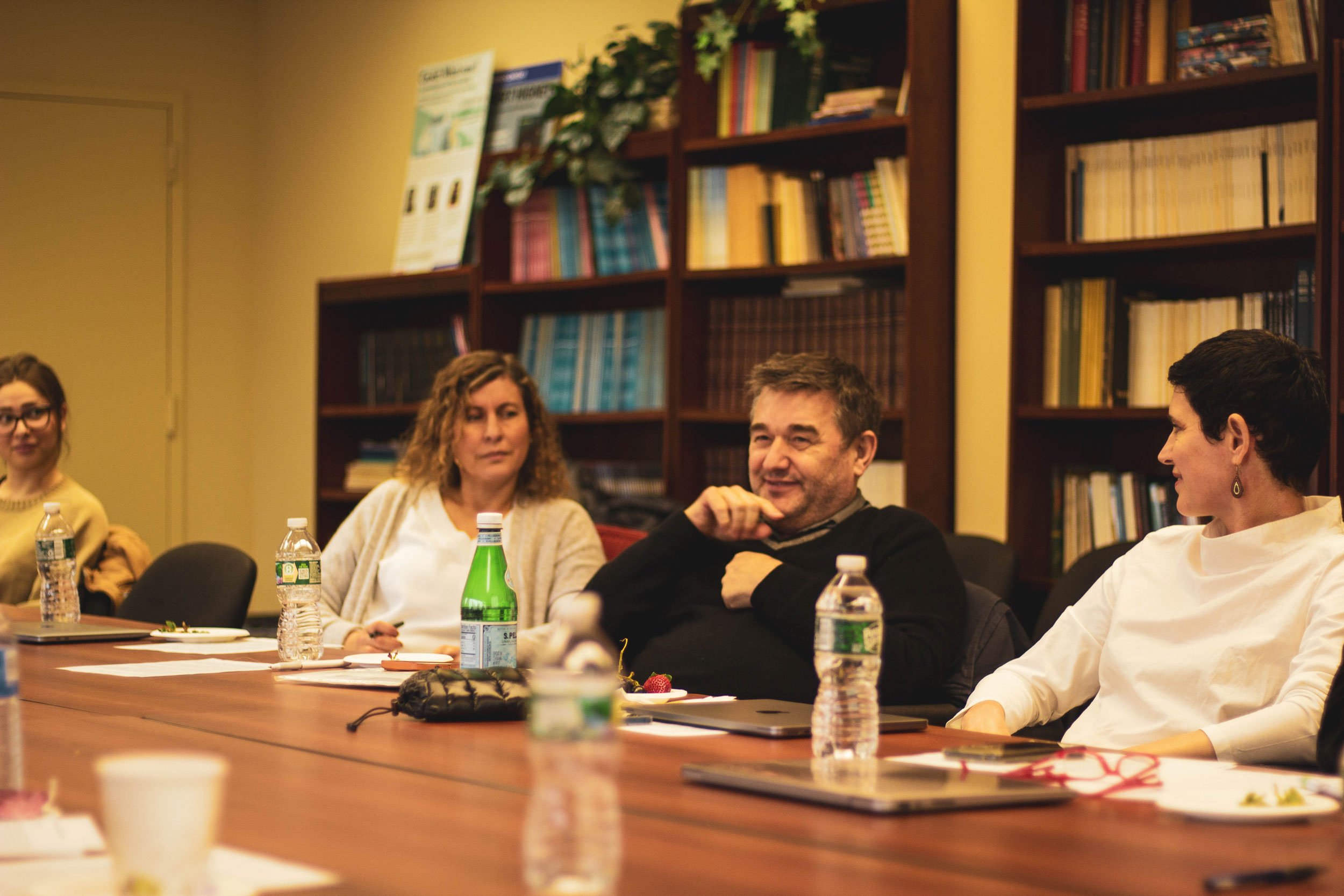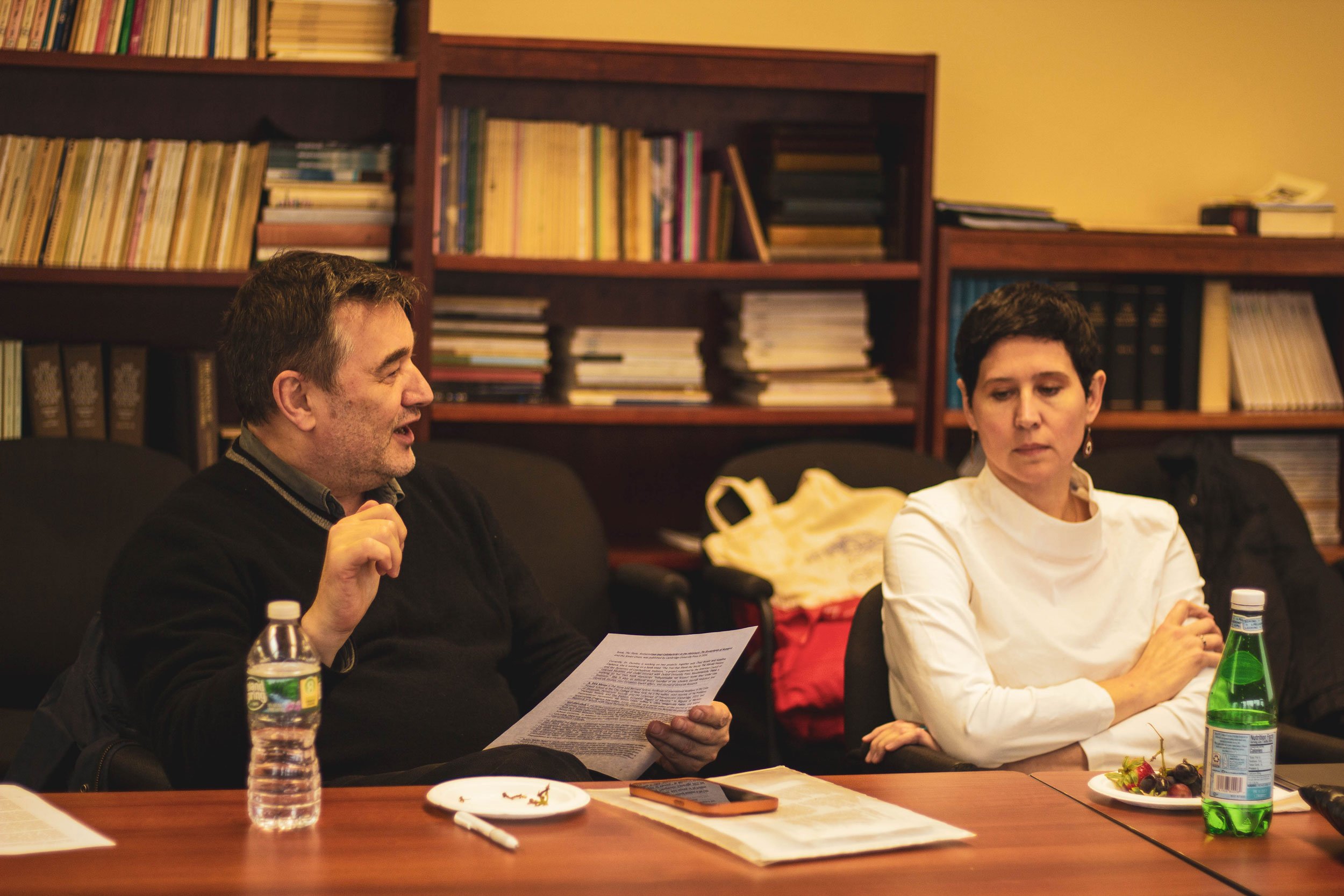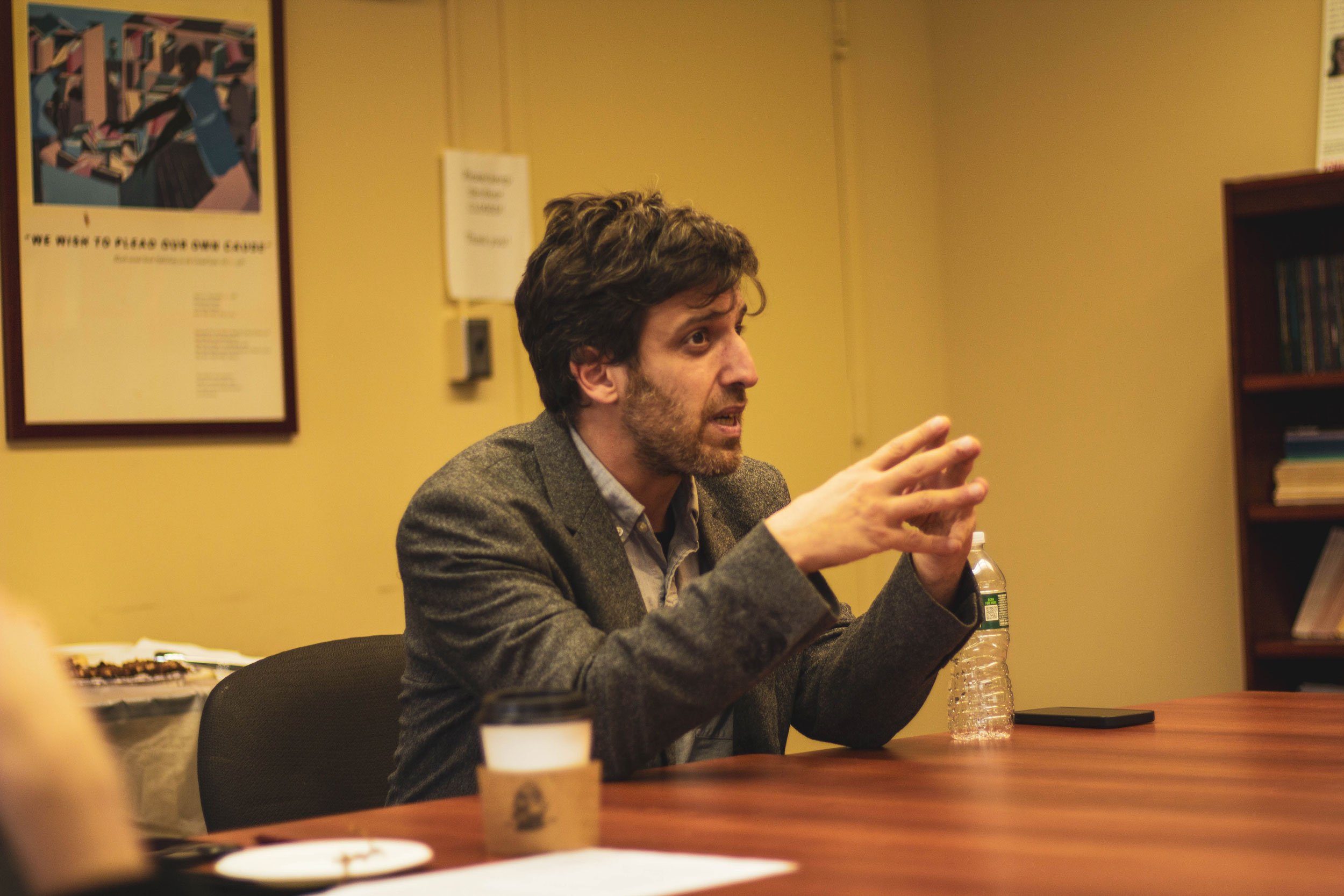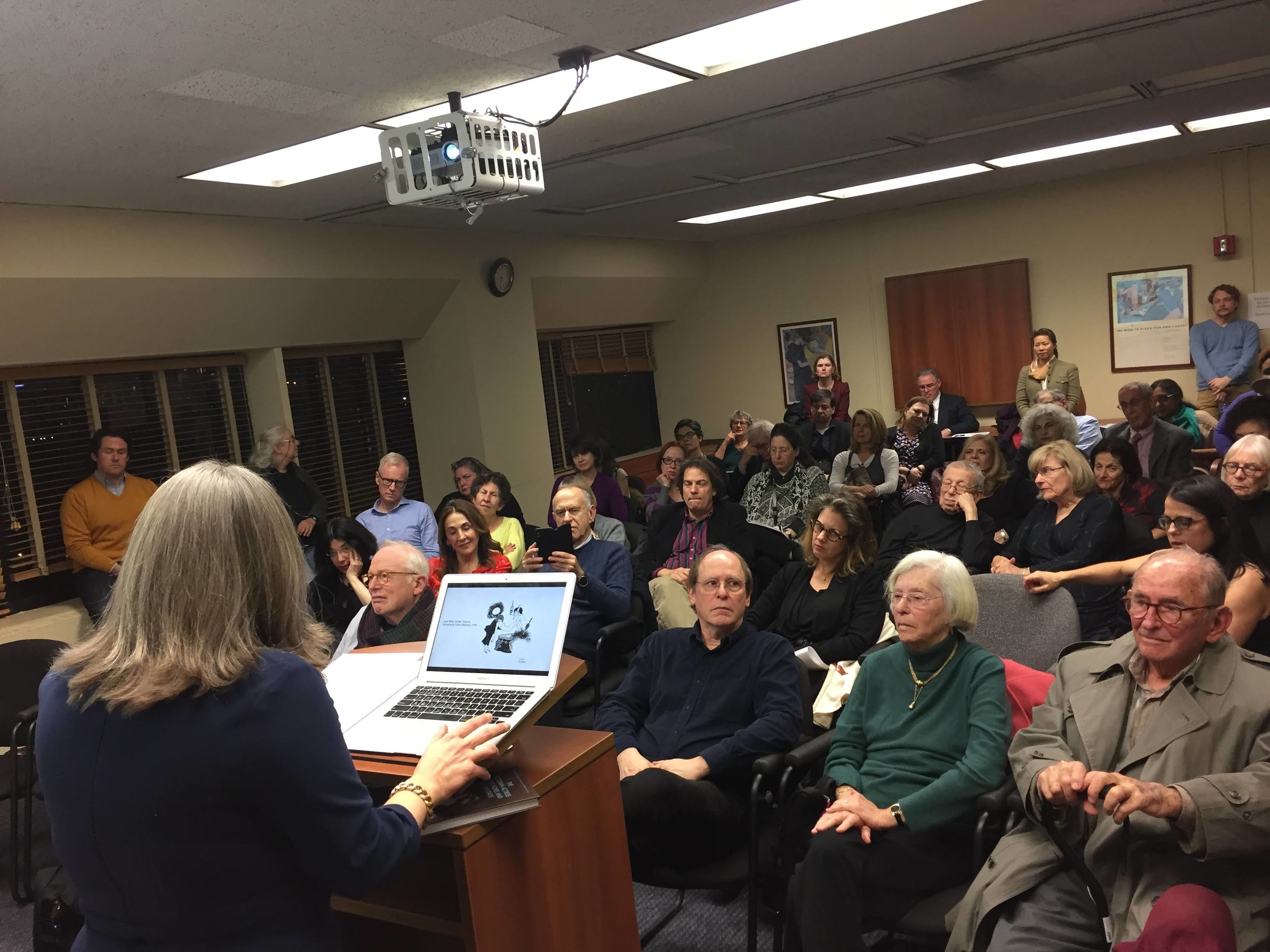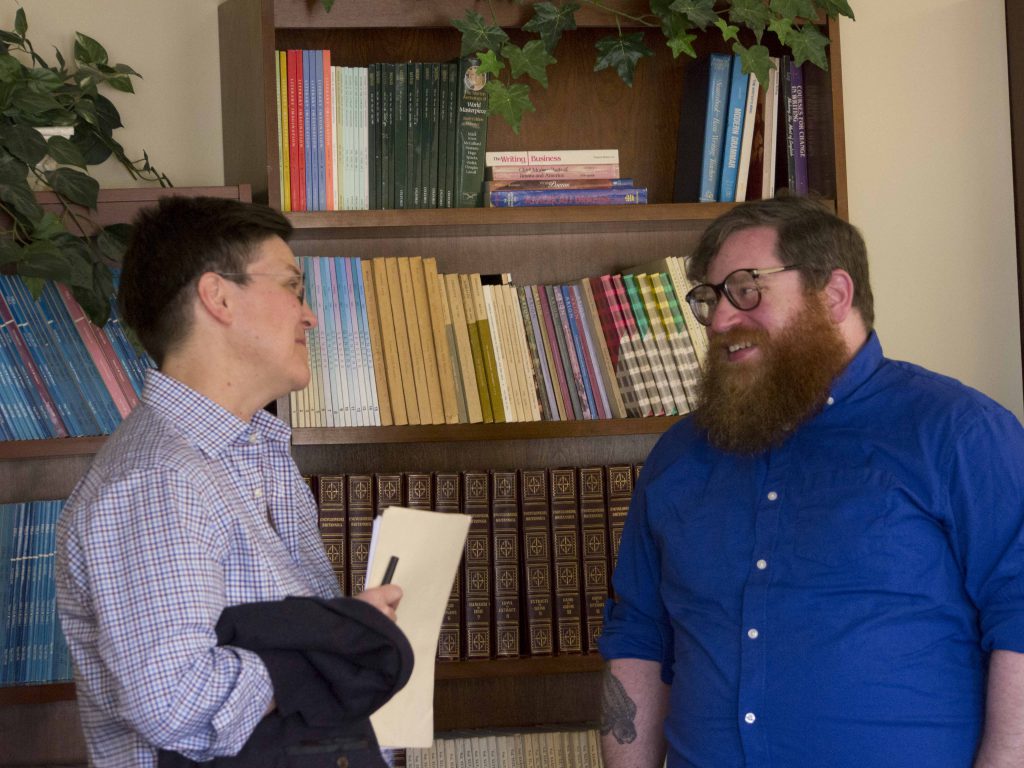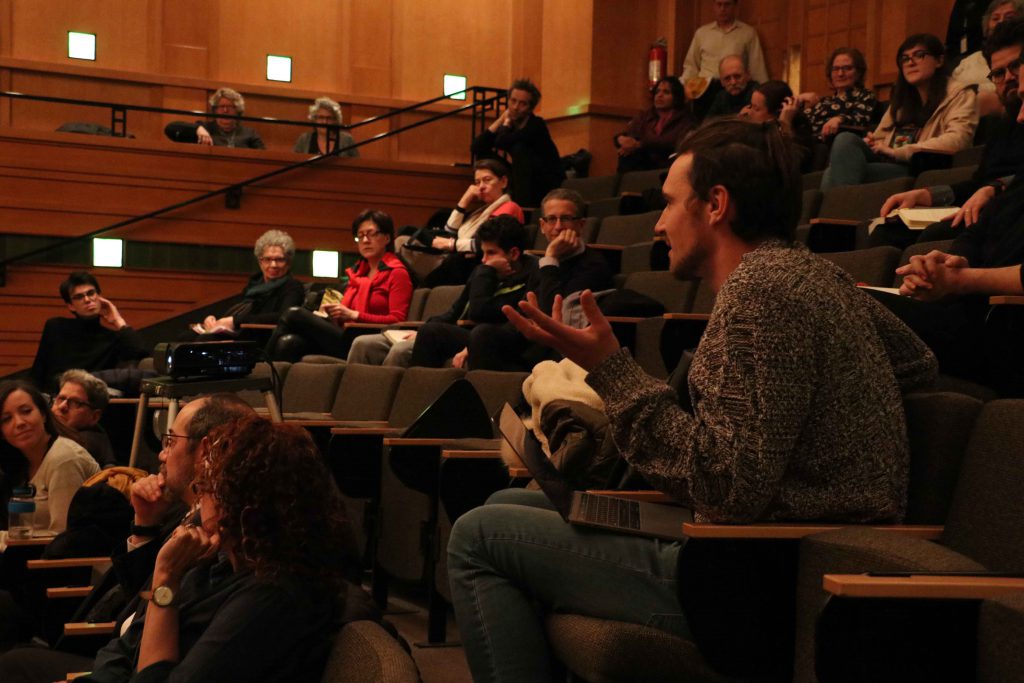The primary goal of the Rifkind Center is to promote the College’s intellectual and cultural activities in the Humanities and Arts. It does so in a variety of ways, including support for faculty research, the organization and sponsorship of special events, conferences and lectures, interdisciplinary faculty seminars, student outreach programs, and the support of a number of publications associated with the College.
The Rifkind Center Fellowship gives recipients the opportunity to have a full semester free of teaching in order to work on a research or creative project.
Learn more about the Rifkind Center Fellowship Program
As one of the recipients of the first Rifkind Fellowships (Spring 2015), I was able to use my semester on leave to complete the process of revising my book manuscript Homo Cinematicus: Science, Motion Pictures, and the Making of Modern Germany, which will be published next year by University of Pennsylvania Press.
— Andreas Killen
(History), winner of a Rifkind Fellowship leave, Spring 2015
The seminar helped me push my thinking in many, many ways. Our readings and discussions helped me think more clearly about the ways women’s migrations can be so different from the migrations of men. Seyla Benhabib’s discussion of a community that can be variously elastic, bordered, quarantined, permeable remains very important to my analysis, as are our discussions of the various kinds of belonging.
— Elizabeth Mazzola
(English), member of the seminar on Migrations, 2015-2016
My participation in the Rifkind seminar on “Migrations” was tremendously helpful and generative for my scholarship, in addition to allowing me, as a new faculty member, to meet colleagues with whom I share substantial research interests. Our readings and discussion led me to substantially rethink a central chapter of Empire’s Ends, the book manuscript that I am currently completing. And funding from the Rifkind Seminar allowed me to travel to Harvard to present a paper at the annual meeting of the American Comparative Literature Association.
— Robert Higney
(English), member of the seminar on Migrations, 2015-2016
Directly as a result of the seminar, I am at work on an article, which I am proposing for a special issue of the Journal of European Studies “Europe in Photography Today.” The article deals with questions of representations, borders and photography in the expanded field of a Europe whose borders are now porous under pressure, if not open, to large numbers of refugees. The seminar was a tremendous experience and a model for what I hope intellectual life on our campus is and will continue to be in the future. I feel fortunate to have taken part.
— Ellen Handy
(Art), member of the seminar on Migrations, 2015-2016
The Rifkind Seminar enabled me to ground my work in actual historical examples and reach beyond the examples most philosophers have discussed. This academic year I have presented research that has developed through participation in the Rifkind Seminar at Notre Dame University, Lewis and Clark College, Ohio State University, and at the American Philosophical Association. Participating in the Rifkind Seminar has also helped to foster bonds across the division. It has proven to be an invaluable experience.
— Kate Richie
(Philosophy), member of the seminar on Migrations, 2015-2016
The Rifkind Seminar on Migration led by Professor Dekel was intellectually stimulating, topical and an inspiration to my creative projects. Two new projects were generated from ideas directly inspired by the Seminar. One of them is a memoir, “1963, Family Migrations” which traces the lives of three cousins born in the same year who make different choices regarding immigration and migration. In retrospect the timing of this Seminar topic was relevant to all aspects of my life as scholar, writer and teacher. And with the help of the seminar I was able to reflect on the relevance and context of my work.
— Michelle Valladares
(English), member of the seminar on Migrations, 2015-2016


